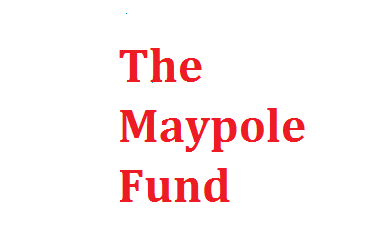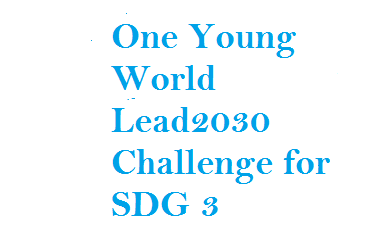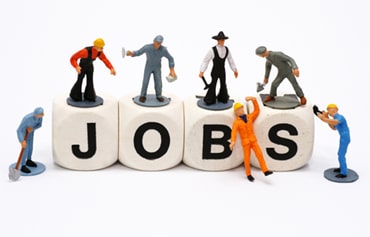- Six Reasons To Bring Millets To The Market!
- Hong Kong Court Makes Landmark Ruling Protecting Transgender Rights
- Substrate Promiscuity Of Fungi Generated Enzyme Laccase Shows Potential In Degrading Industrial Dye Effluents
- Union Minister Of Rural Development Holds A Meeting On ‘Cactus Plantation And Its Economic Usage’
- Ministry Of Tribal Affairs Organised One Day Mega Health Camp ‘Abua Bugin Hodmo-Our Better Health’ At Saraikela Kharsawan, Jharkhand
- Blue Flag Standards For Beaches In The Country
- India-Namibia Sign An MoU On Wildlife Conservation And Sustainable Biodiversity Utilization
- Hydrophobic Ingredients, In Combination With Obsolete Antibiotics, Can Counter Multidrug-Resistant Bacteria
- Promoting Cultivation Of Kala Namak Paddy
Zero Discrimination Day- End Inequalities
Posted by: 2021-03-01 08:56:32 ,By Admin
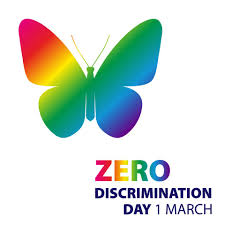
On Zero Discrimination Day this year, UNAIDS is highlighting the urgent need to take action to end the inequalities surrounding income, sex, age, health status, occupation, disability, sexual orientation, drug use, gender identity, race, class, ethnicity and religion that continue to persist around the world.
Inequality is growing for more than 70% of the global population, exacerbating the risk of division and hampering economic and social development.
Discrimination and inequalities are closely intertwined. Intersecting forms of discrimination, be it structural or social, against individuals and groups can lead to a wide range of inequalities-for example, in income, educational outcomes, health and employment. However, inequalities themselves can also lead to stigma and discrimination. It is critical, therefore, when looking to reduce inequalities to address discrimination. Members of key populations are often discriminated against, stigmatized and, in many cases, criminalized and targeted by law enforcement. Research has shown that this social and structural discrimination results in significant inequalities in access to justice and in health outcomes.
Read more: Click Here
You may like similar news

PRESIDENT OF INDIA PRESENTS NATIONAL WATER AWARDS
The President of India, Smt. Droupadi Murmu presented the fifth National Water Awards in New Delhi t...
AAP blames BJP for firing contractual staff at Delhi Commission for Women
The Aam Admi Party has held the Bharatiya Janata Party responsible for discontinuing the services of...
.jpg)
PM Narendra Modi's Lok Sabha elections prediction: 'BJP to get maximum success in...'
PM Narendra Modi claimed the Trinamool Congress government put BJP workers in jail ahead of the Lok ...
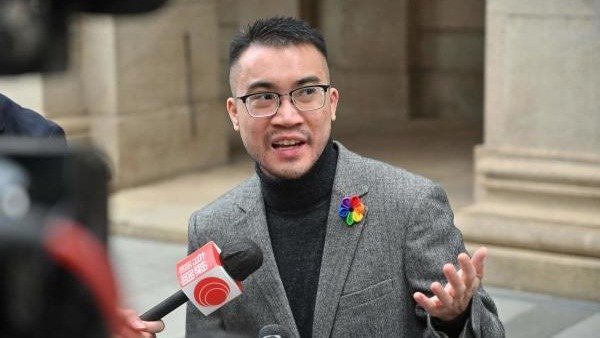
Hong Kong court makes landmark ruling protecting transgender rights
Hong Kong's top court on Monday ruled that the policy barring transgender people from changing the&n...
.jpg)
In a Landmark step, Transgender Persons to get Composite Healthcare services under Ayushman Bharat- PMJAY
In a landmark decision today, a Memorandum of Understanding (MoU) was signed between National Health...


